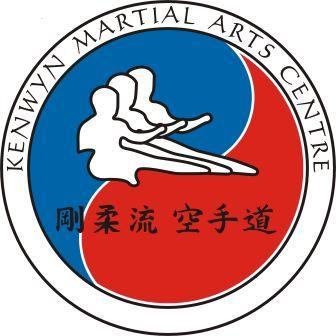Certification and Credentials
- Karate Rank (Dan Level): A fully qualified instructor typically holds a high-ranking black belt (at least 1st Dan or higher) in their specific style of Karate, such as Goju-Ryu, Shotokan, or Wado-Ryu. This signifies years of dedicated training, mastery of techniques, and the ability to teach others.
- Teaching Certification: Many Karate organizations and associations offer formal teaching certifications or licenses. These qualifications indicate that the instructor has completed a course of study in teaching techniques, pedagogy, and how to run a class effectively.
2. Experience and Background
- Years of Practice: Experienced instructors often have many years of training in Karate, having practiced not only the physical techniques but also the philosophy and mental aspects of the art.
- Teaching Experience: A good Karate instructor has practical experience in teaching various age groups and skill levels. They can tailor lessons to the needs of different students, whether beginners, intermediates, or advanced practitioners.
3. Safety and Injury Prevention
- First Aid Certification: A qualified instructor often holds a current first aid and CPR certification, ensuring they can handle any medical emergencies that might arise during training.
- Understanding of Proper Techniques: With in-depth knowledge of proper body mechanics, posture, and movement, a qualified instructor minimizes the risk of injuries during practice by teaching safe and effective techniques.
4. Structured Curriculum
- Well-Developed Curriculum: Fully qualified instructors are capable of providing a structured curriculum that ensures students progressively develop their skills in Karate. This includes learning basic techniques, forms (katas), sparring, and self-defense in a logical and coherent sequence.
- Goal-Oriented Teaching: Qualified instructors know how to set clear goals for students, such as earning belts or mastering certain techniques, which keeps students motivated and engaged.
5. Mental and Emotional Guidance
- Building Character: A good Karate instructor emphasizes the importance of respect, discipline, humility, and perseverance—core principles that help students grow not just physically, but mentally and emotionally.
- Positive Role Model: Your instructor serves as a role model, teaching students how to handle challenges, stress, and conflict both in and out of the dojo. This kind of guidance can have long-lasting benefits in all areas of life.
6. Adaptability
- Customized Teaching: Fully qualified instructors are able to adapt their teaching methods to suit the needs of individual students, whether they’re working with children, beginners, or advanced martial artists. This personalized approach helps students progress at their own pace.
7. Continuous Learning and Development
- Ongoing Education: The martial arts field is constantly evolving, and a fully qualified instructor is dedicated to their own growth. They often continue their training by attending seminars, workshops, and training camps to stay updated on new techniques and developments in the Karate world.
Benefits of Having Fully Qualified Instructors at KMAC:
- Safe and Effective Learning: Students are more likely to achieve their goals safely and efficiently under the guidance of an experienced, well-trained instructor.
- Increased Confidence: Knowing that your instructors are qualified helps build trust, making students more confident in their learning.
- Better Performance and Results: A structured approach to training leads to faster progress, better skill development, and a deeper understanding of Karate.
